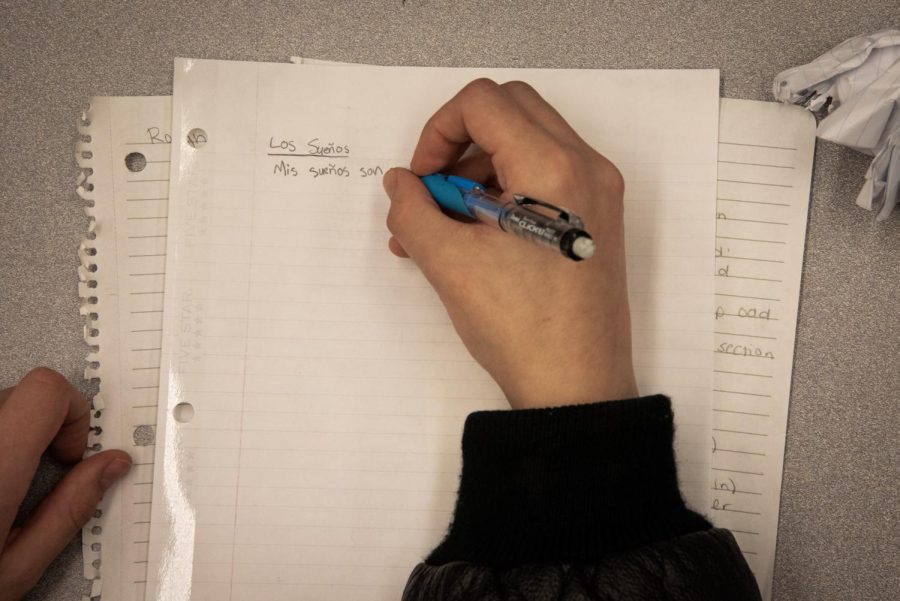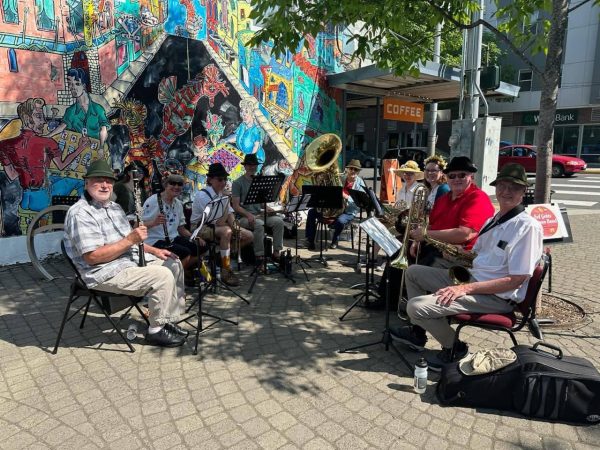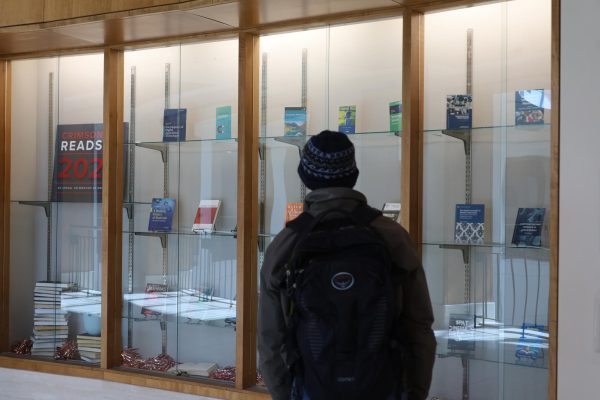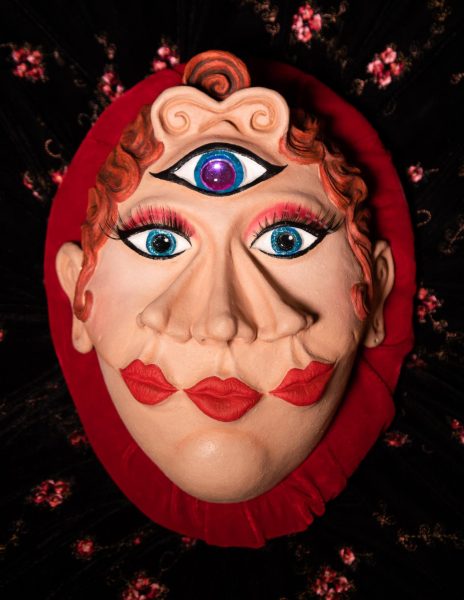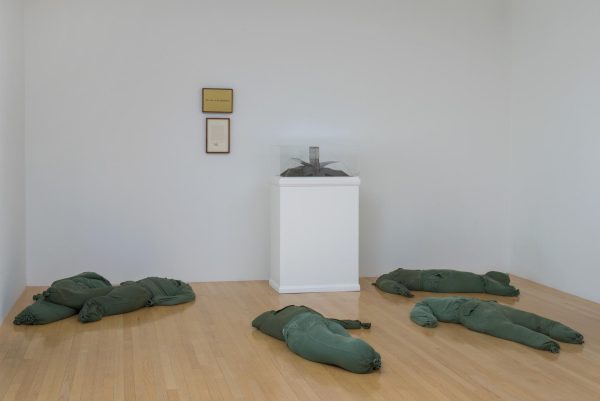Dreams in 100 words
This year’s topic for the School of Languages, Cultures, and Race’s Spanish creative writing contest is “los sueños,” or “dreams”
This year marks the SLCR’s third annual Spanish creative writing contest.
March 9, 2023
The annual Spanish creative writing contest hosted by the School of Languages, Cultures, and Race has returned and is now accepting submissions until March 20.
This year’s topic is “Los sueños en 100 palabras,” or “Dreams in 100 words.” Contestants must write about their dreams in Spanish in a maximum of 100 words, excluding the title. Submissions must be short stories, not poems.
Contest winners will be announced April 10.
Joseba Pérez Guerrero, organizer and SLCR lecturer, said the judges will look for poetic, metaphoric language and grammatical correctness.
“We look for the personal experience, your perspective; we don’t want anything copied from anything else,” Guerrero said. “We would like to value their personal experience, what can you say about it and if you can make it your own. And you can say it in a beautiful way.”
Guerrero said a group of people who worked in the SLCR’s Spanish program started the contest and thought it would be interesting for students, specifically beginner-level students, to use Spanish to create.
The main purpose of this contest, Guerrero said, is for students to realize that learning a language is not only for class; students can use the language outside of class, such as for creating a writing piece.
When choosing each year’s topic, Guerrero said the judges look for abstract topics that can be personal. The judges chose “Los sueños” this year because people have different aspirations in life, which can lead to unique, original pieces, Guerrero said.
“Something personal would be the first thing [in your mind], then the use of metaphor, … the ability to be able to compare one thing with another without any consciousness between these two terms, … that’s the big literature right there,” Guerrero said.
In order to enter the contest, students must be taking a Spanish course at WSU or have taken one in the past.
Judges will judge submissions under three categories: elementary, intermediate and advanced.
Students who have taken or are taking Spanish 101, 102, 203, 204, 208 and/or 261 enter the contest under the elementary category. Students who have taken or are taking Spanish 306, 307, 308, 310, 311, 320, 351 and/or 362 enter under the intermediate category. Students who have taken or are taking Spanish 407, 408, 452 and/or 453 enter under the advanced category.
Junior Spanish minor Samantha L. Radcliffe was a contestant in last year’s contest, which had the topic “La felicidad en 100 palabras,” or “Happiness in 100 words,” and won second place while taking a 300-level Spanish course.
“I have always loved creative writing,” Radcliffe said. “I’ve gotten many compliments about how good my creative writing is in English so I really wanted to test myself how good I could be in Spanish.”
Radcliffe said she found out about the contest through an email from the SLCR. She said that when she saw this opportunity, she started writing.
“I think I spent two or three days thinking about what I really wanted to write about because I didn’t really understand what happiness could be, … So I just wrote about chasing it and never being satisfied,” Radcliffe said.
The following recognitions and awards will be given to the winners:
- Submissions of first-place winners in each category will be published in the Daily Evergreen
- First-place winners in each category will receive a book, an SLCR t-shirt and a representative gift of a Hispanic country and/or culture
- Second and third-place winners will receive a diploma and SLCR memorabilia
- First, second and third place winners in each category will be honored at the SLCR Award Ceremony, occurring from 4–6 p.m. on April 20 at the CUB senior ballroom
This contest not only embraces students’ ability to write in Spanish, but Hispanic culture, Guerrero said.
“Something that Mexicans, Spaniards, … Chilean have in common, Colombina, is precisely that we can communicate with each other in Spanish,” Guerrero said.
If any student is interested in entering the contest, they can contact Guerrero at [email protected].

